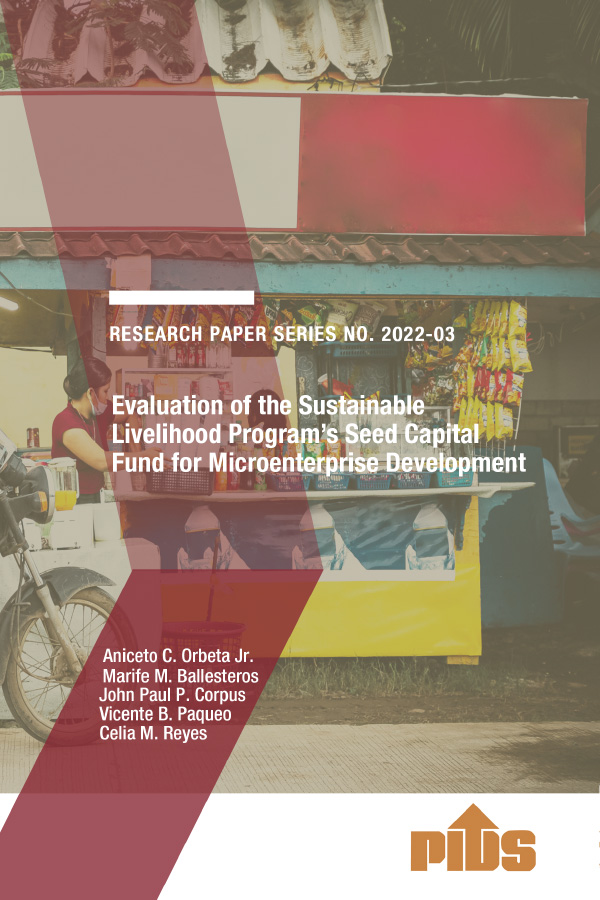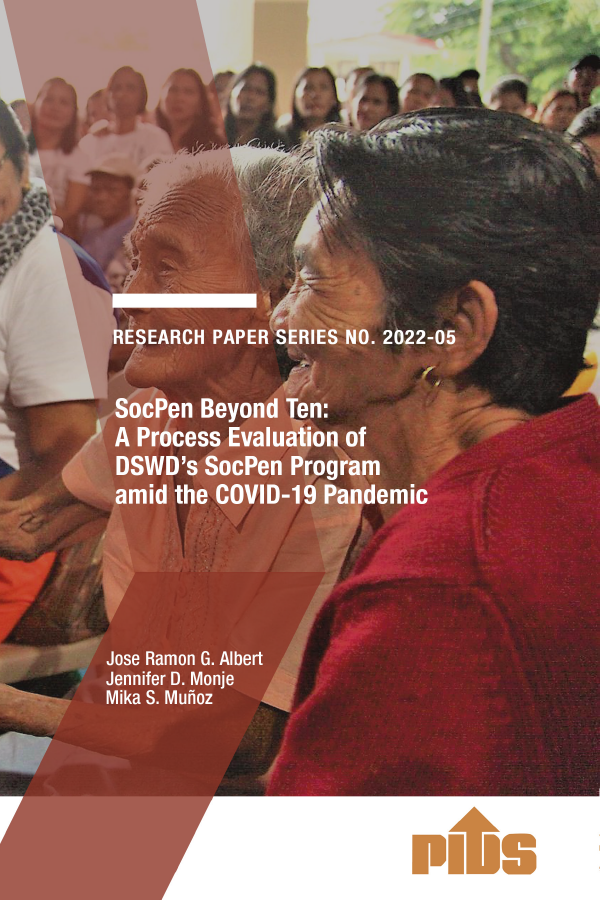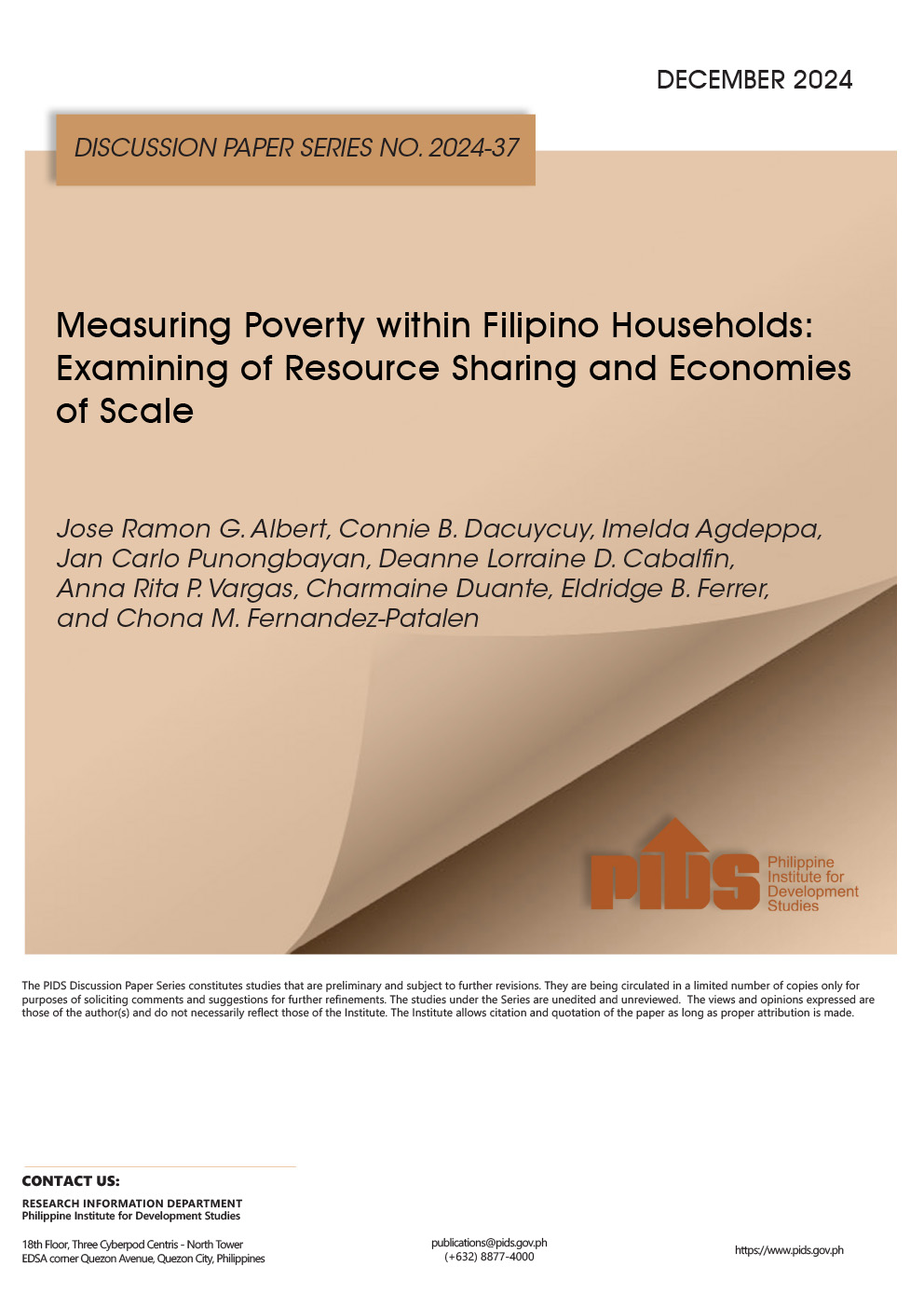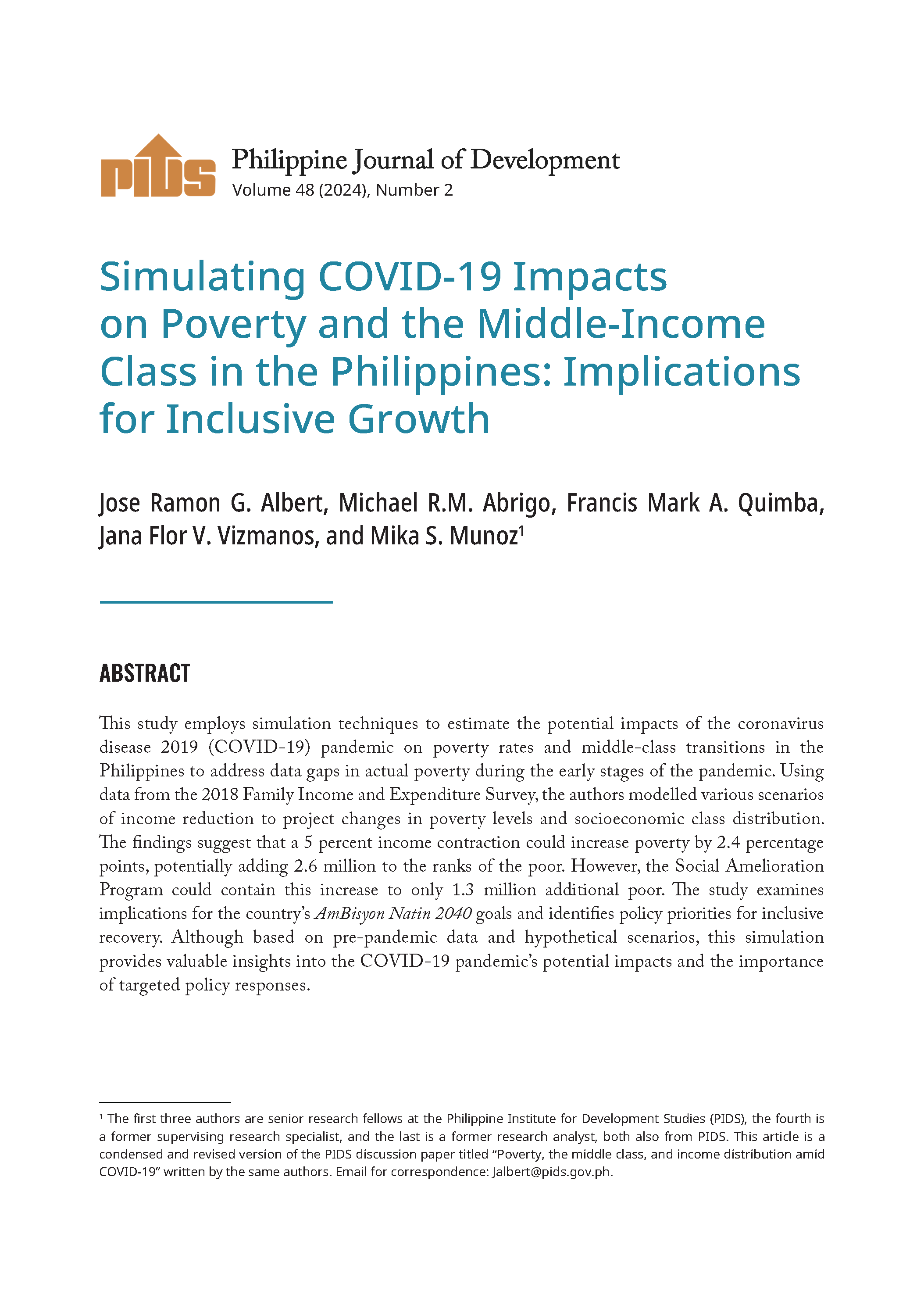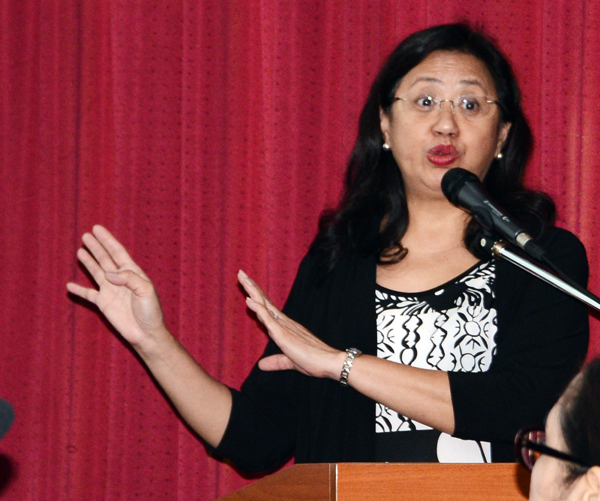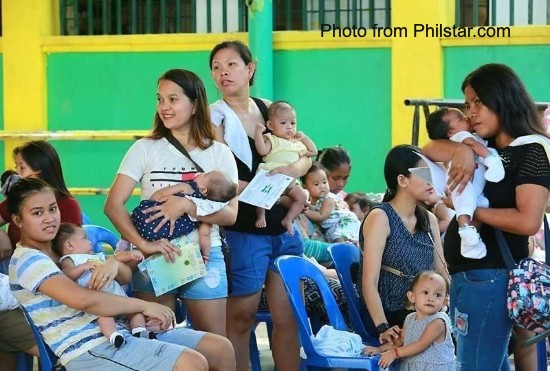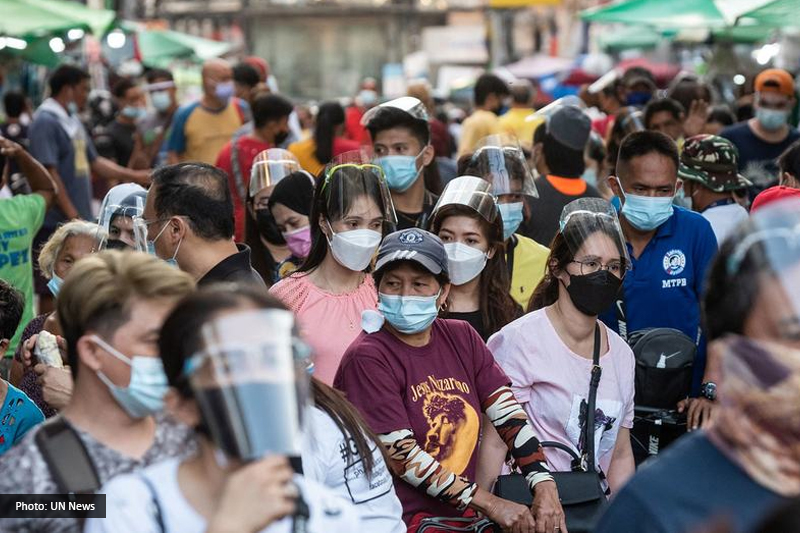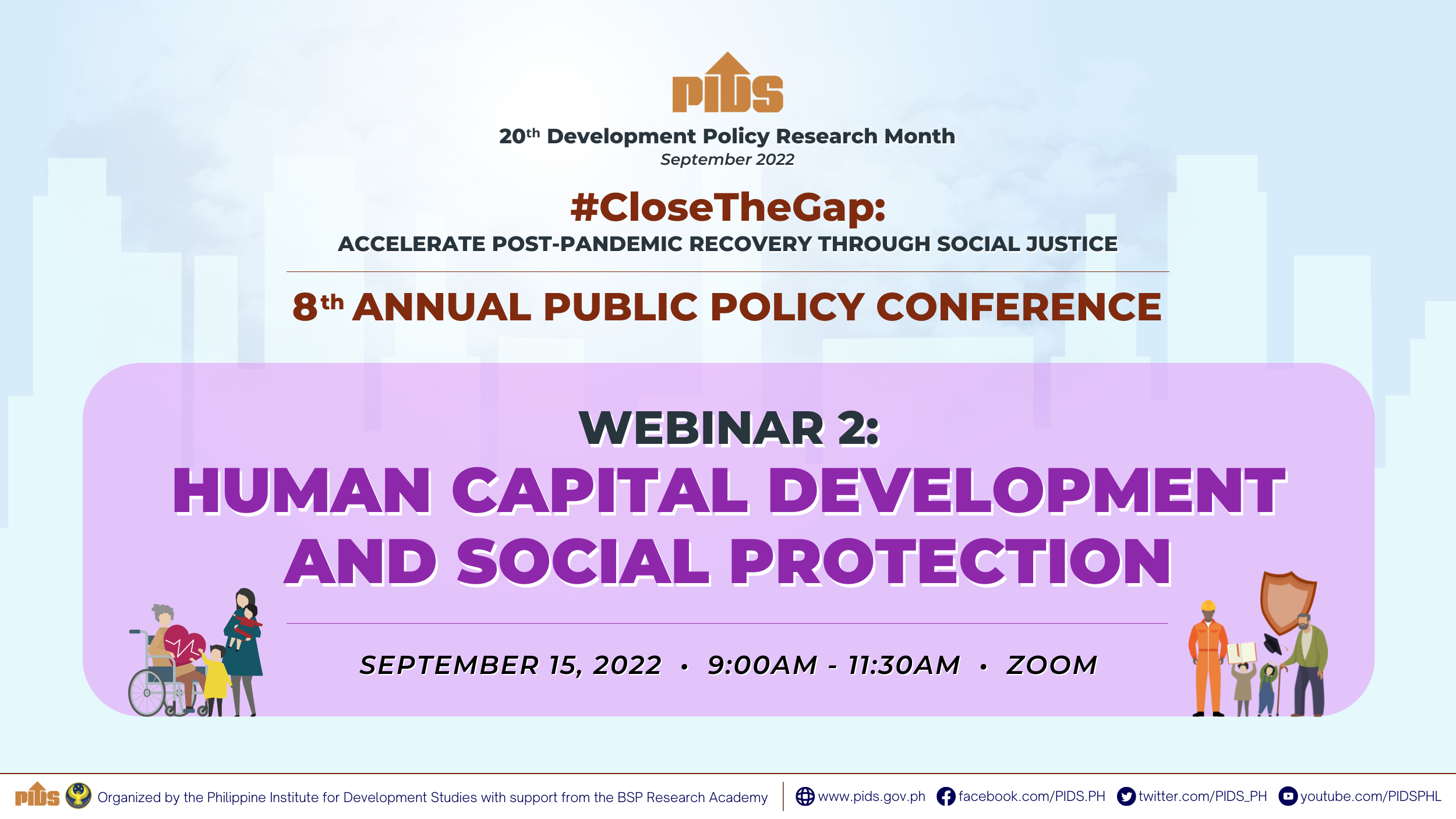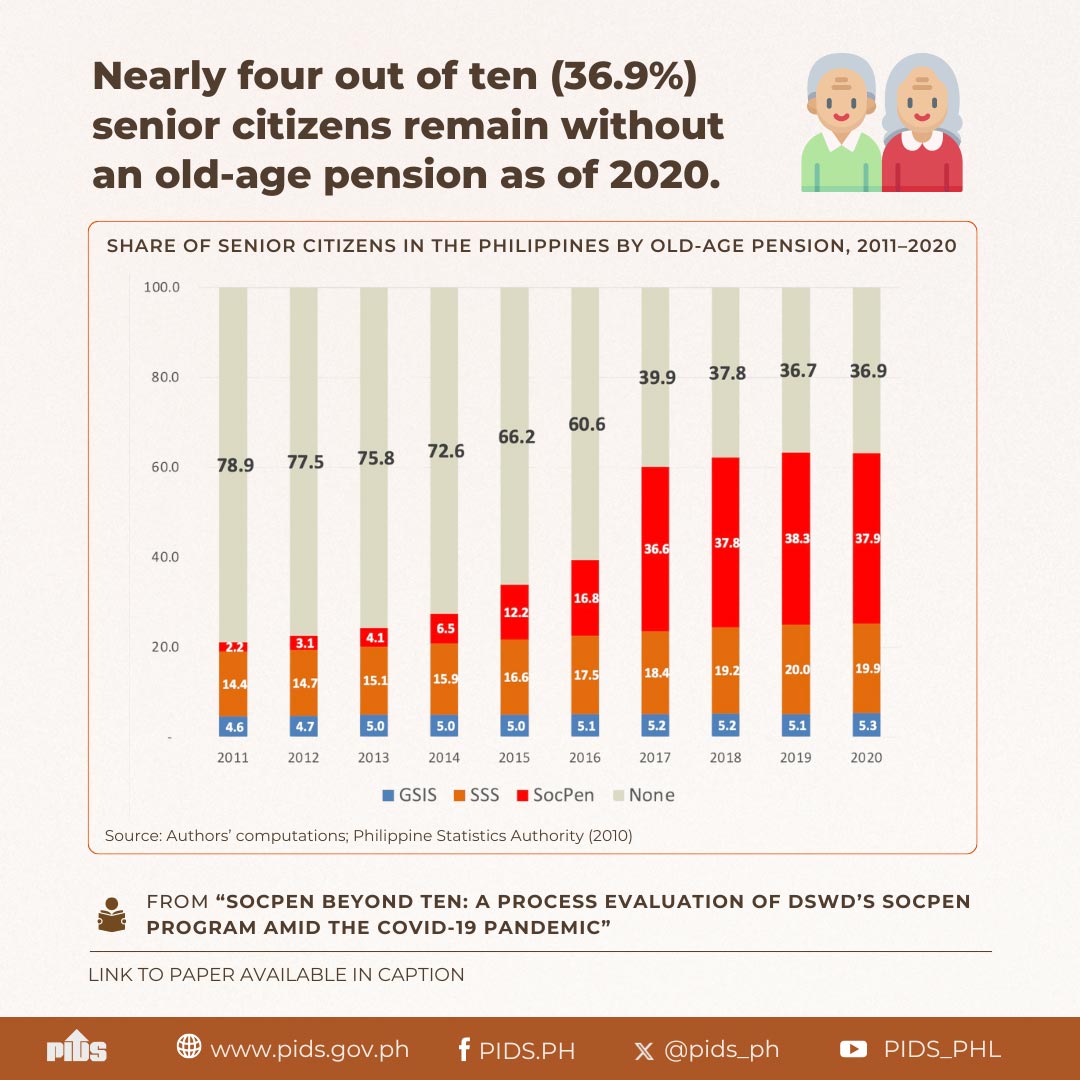This study uses a matching design to evaluate the impacts of microenterprise assistance provided by the Department of Social Welfare and Development’s Sustainable Livelihood Program to beneficiaries of the Pantawid Pamilyang Pilipino Program, the Philippine government’s conditional cash transfer program. The evaluation focuses on the Seed Capital Fund, a grant worth up to PHP 10,000 per household that can be used as startup or additional capital for a microenterprise run individually or in a group. Most of the program beneficiaries are women. The study finds that treatment is associated with higher supply of labor hours among household heads’ spouses. However, the intervention has no statistically significant effects on household income, expenditure, savings, or capital expenditure. Qualitative findings on business project implementation point to serious issues which support the null estimates. These include a substantial business closure rate, lack of participation among group members in business operation, lack of earning opportunities for group members, management issues, and low profitability. Moreover, the program’s benefit-cost ratio is estimated to be substantially less than unity. Governments running similar livelihood programs should weigh whether the modest welfare gains they generate justify the high cost of running them.

